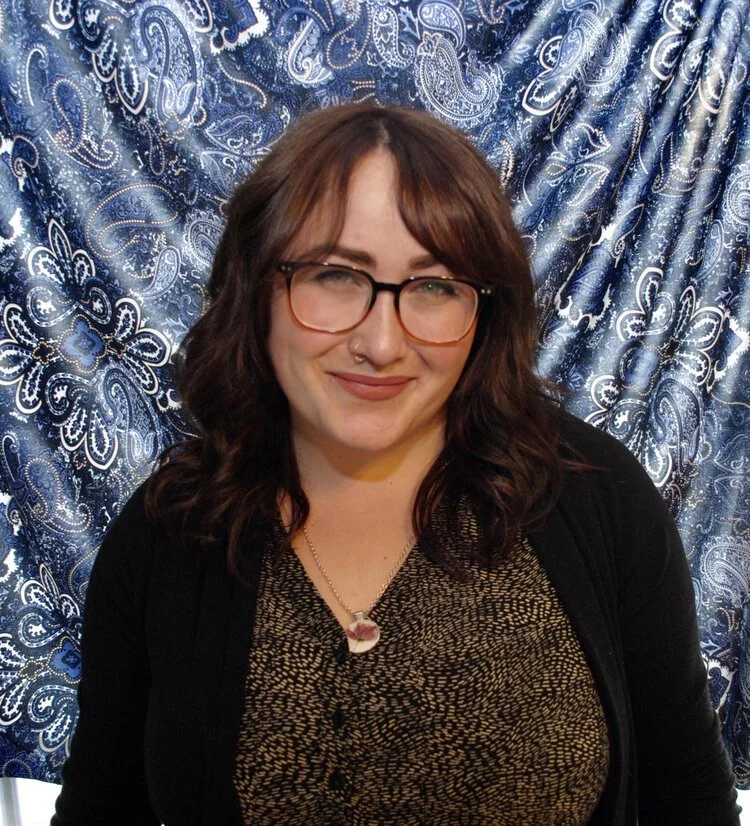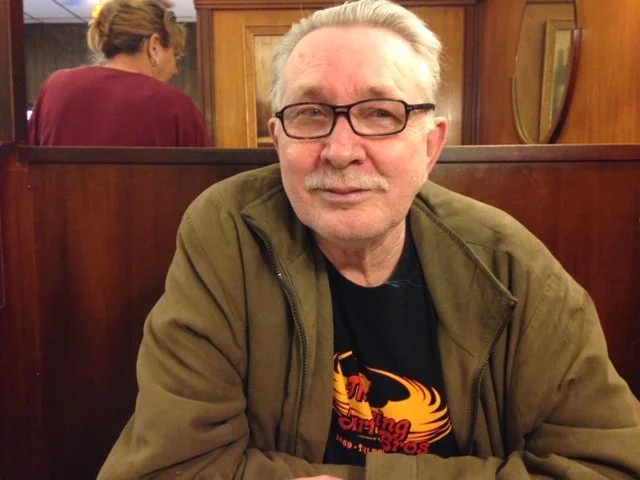Q & A Bennie Herron
/“Be you in your work. I see myself as a student for life when it comes to my writing and painting. Understand that your experiences can be colored and crafted just as beautifully as those we look up to. Be you in your work and the authenticity will manifest into people wanting to read and hear your work because they will likely see themselves your truth. “
Read More




